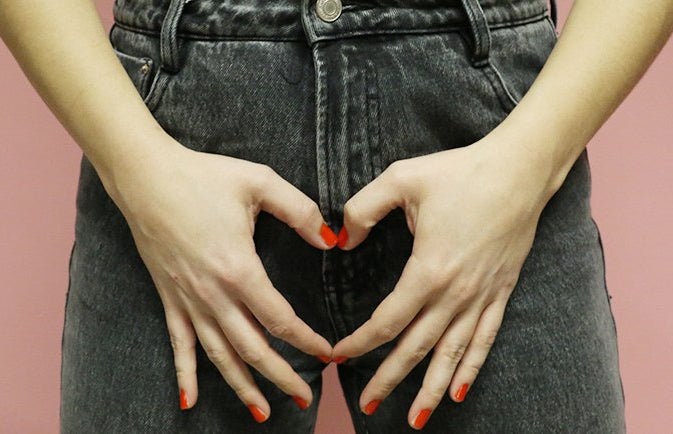Do you remember family life? Let’s take a ride down memory lane: The gym teachers separating the girls from the boys and going into another room. Everyone sits down and as the gym teachers start the presentation a hush falls over the room. Only a giggle here and overheard conversation there can be heard besides the droning on of the teacher.
From what I remember, while I did learn a great deal, it wasn’t something I particularly enjoyed. One thing I do not recall being talked about is vaginal health which is most important. As a vagina holder, I have never been taught how to care for it properly. So I have taken it upon myself to do the proper research and deliver to you all some simple ways to maintain and improve your vaginal health.
Let’s start with “What is a vagina? And a vulva?” According to Planned Parenthood, “The vagina is a tube that connects your vulva with your cervix and uterus.” This is where things can be inserted or exited from, such as menstrual blood, menstrual cups, tampons, fingers, penises and sex toys. The vulva is defined as “The part of your genitals on the outside of your body. It includes your labia, clitoris, vaginal opening and the opening to the urethra.” An easy way to remember is the vagina is internal and the vulva is external. This means that they require different care, and that leads us into the first step of vaginal hygiene.
1. Proper hygiene
It is recommended using a mild soap and warm water should be used to wash the vulva. Do not wash the inside of your vagina because it can cause the pH balance to be thrown off, resulting in infections and odors. The average vaginal pH level ranges be 3.8 to 5, which is considered acidic. The vagina is self-cleaning, which is called “vaginal flora” and is composed of hundreds of different bacteria. Some other hygiene methods include:
- Wearing loose cotton underwear
- Wiping front to back
- Don’t douche
- Use unscented products
- Don’t sit in wet clothing
2. Probiotics
While probiotics aren’t necessary, they can increase the amount of “good” bacteria and help combat infections. An important ingredient to look for in probiotics is Lactobacillus or Lactobacilli. The benefits of Lactobacillus vary from gut health to preventing or treating vaginal infections. Probiotics can be taken as a pill or suppository depending on which one you feel the most comfortable with. I personally take Nature’s Bounty Probiotic and would recommend Culturelle®, AZO or URO.
3. Safe sex
Practicing safe sex will help keep a healthy vaginal pH balance. Using a water-based glycerin lube and checking condoms for spermicide is a good practice because it kills the “good” bacteria. Use protection such as condoms and dental dams. Sperm is alkaline, which means it has a higher pH level and can throw off a woman’s pH balance. Other important actions to take when sexually active is peeing after sex, washing or rinsing the vulva, cleaning sex toys and regular STI screenings.
4. Hydrate
Being hydrated keeps the vagina lubricated and balanced; dehydration may cause infections, increase the risk of STIs and dry sex. Drinking about half of your body weight or 2 liters of water daily is recommended to improve or maintain hydration. Drinking water helps deliver nutrients throughout the body and helps with waste removal which is detrimental to the kidneys and urinary tract. Another thing to be mindful of is the amount of sugar drinks contain this is because an unhealthy amount of sugar can cause an imbalance of good and bad bacteria within the vagina.
5. Eat well
Incorporating some of these foods into your daily intake will aid in the improvement of vaginal health. The following foods that make your vagina healthy include:
- Greek yogurt- Probiotic rich including Lactobacillus
- Leafy greens- Antioxidants and Vitamin A, C, E and K
- Sweet potatoes- Vitamin A contributes to healthy vaginal uterine walls.
- Garlic- Antimicrobial
A healthy vagina is essential for your overall well-being. Everything that was prompted isn’t a major life change, only in addition to creating a healthy lifestyle.


